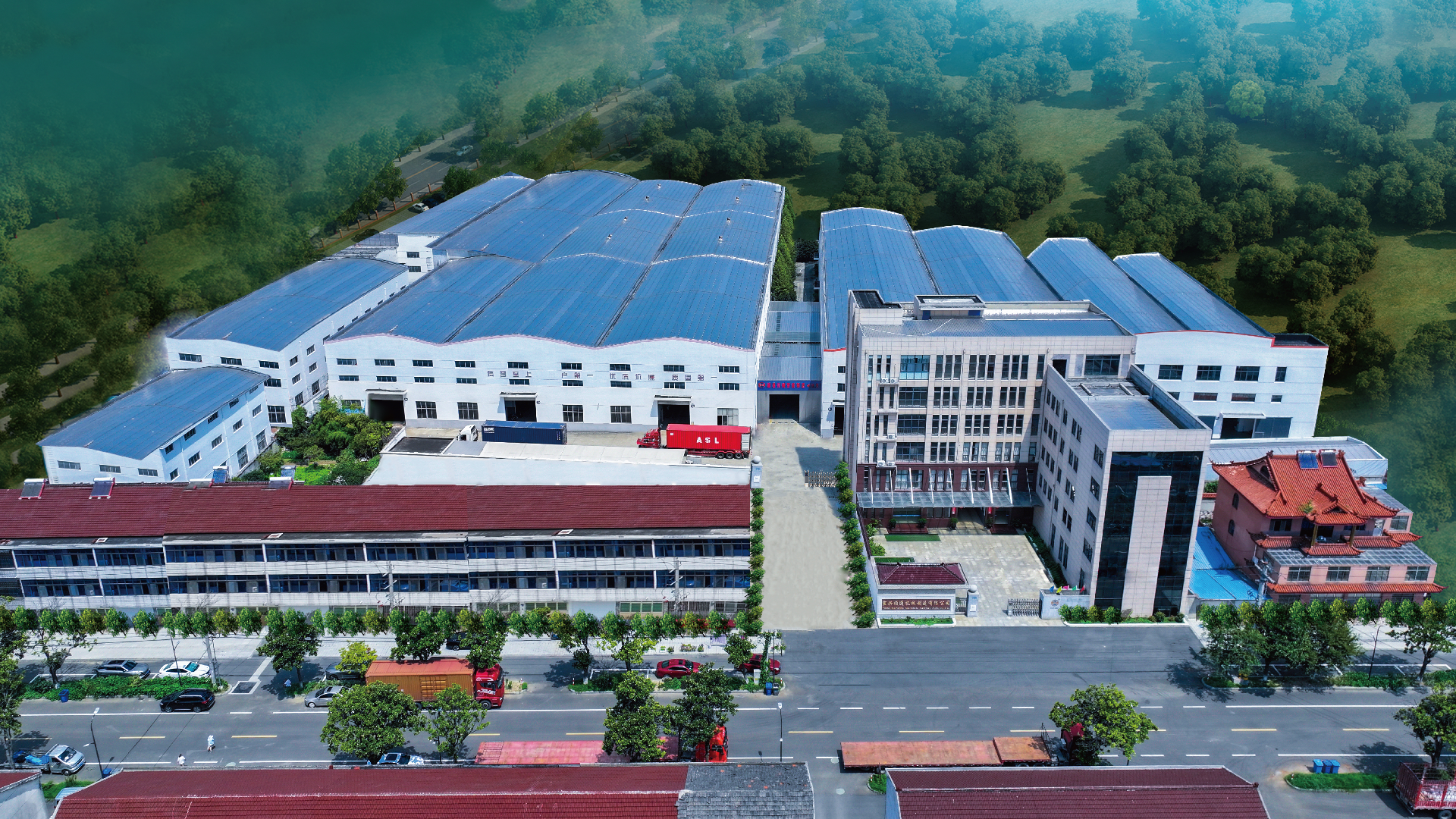Application Prospects of PP Monofilament Extrusion Line: Driving High-Value Growth Across Diversified Sectors
The textile and daily necessities industry will remain a core driver of the bright application prospects for PP monofilament extrusion lines. PP monofilaments, produced by these lines, are key raw materials for reusable shopping bags, fruit/vegetable mesh bags, and household filter fabrics—products with sustained demand in daily life. As global environmental policies restrict single-use plastics, the shift to durable, recyclable PP monofilament products has accelerated. Moreover, the line’s ability to adjust process parameters to produce monofilaments of different fineness and tensile strength enables expansion into industrial filter applications (such as air filter screens and water treatment filter meshes), further widening its market space in the textile sector.
In modern agriculture, PP monofilament extrusion lines are poised to meet the growing demand for high-performance agricultural materials. These lines produce PP monofilaments used in agricultural shade nets, anti-bird nets, crop support ropes, and reinforcing threads for mulch films—critical for protecting crops, regulating growth environments, and improving farming efficiency. With the rise of large-scale farms and smart agriculture, there is an increasing need for PP monofilaments that resist UV radiation, corrosion, and aging. The extrusion line’s capacity for mass production and customization (e.g., adjusting filament thickness to match different crop support needs) aligns perfectly with this trend, while policy support for eco-friendly agricultural inputs further boosts its prospects in this sector.
The emerging industrial and high-end fields are creating new growth engines for PP monofilament extrusion lines. In construction, PP monofilaments are used in geotextiles (for road reinforcement and soil stabilization) and drainage nets, driven by the global expansion of infrastructure projects. In the automotive industry, they serve as raw materials for interior filter meshes and seat ventilation nets, where lightweight and high-temperature resistance are required. Even in new energy, PP monofilaments are used in filter components for lithium-ion battery production. These high-end scenarios demand precise control over monofilament diameter and strength, and PP monofilament extrusion lines—equipped with advanced temperature control and online quality inspection systems—can deliver consistent, high-precision products, helping enterprises break into high-value-added markets and reduce reliance on imported materials.

